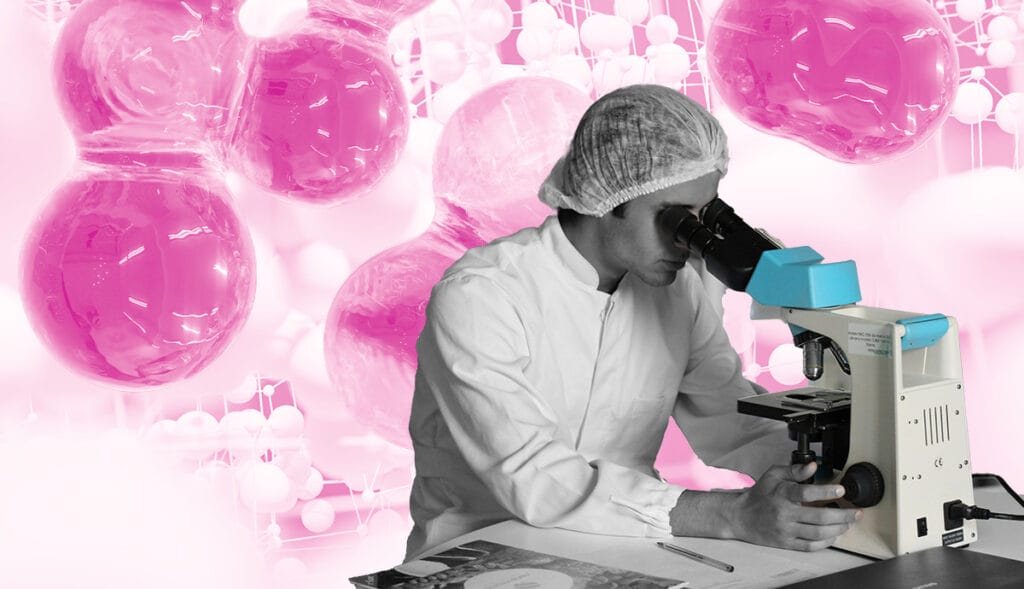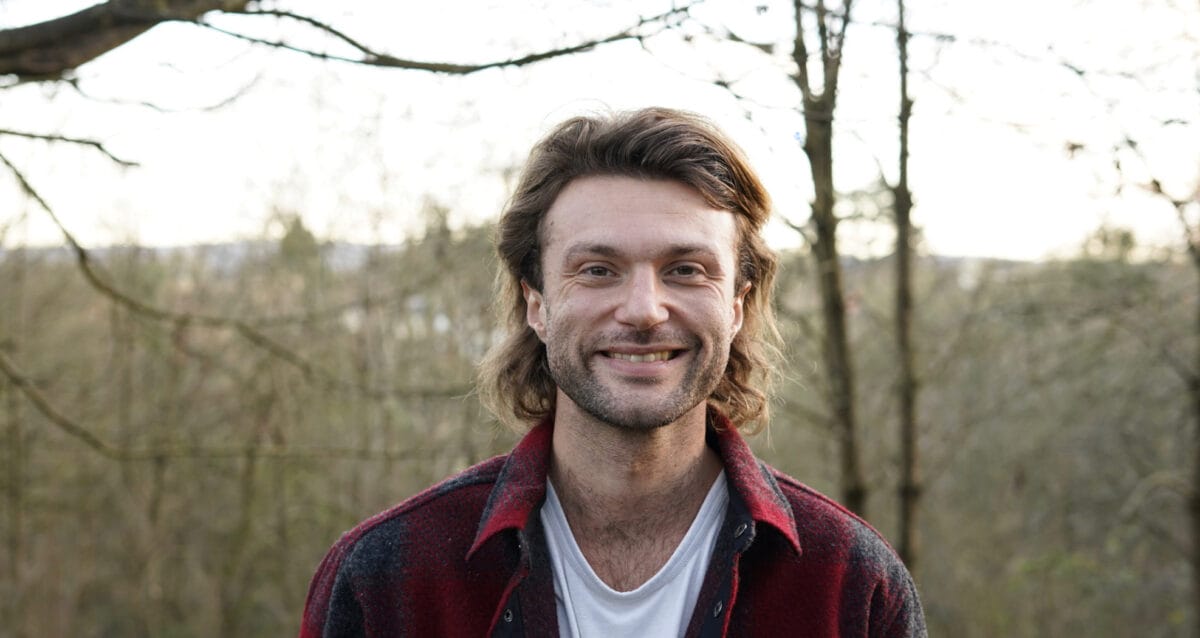If you told a person 20 years ago that you were looking to make a career in psychedelics, they would typically look back at you nonsensically. Today, however, there is a burgeoning legal psychedelic industry and people are doing just that. The sector took a kick recently, with MDMA-assisted therapy denied approval and biotech Lykos Therapeutics subsequently cutting 75% of its staff following the decision. But optimism is still high – it’s never been a better time to work in psychedelics and many people are carving out careers in the field.
“The psychedelic field is attracting a really diverse range of professionals,” said AnnaRae Grabstein, the CEO of consultancy firm Wolf Meyer. “There are not just the traditional pathways to providing support and integration for people that want to experience psychedelics, but there’s all of the wraparound businesses that support the psychedelic space. By integrating psychedelic knowledge into existing careers, businesses are broadening their practices.”
Here are some of the leading psychedelic jobs in 2024:

1. Private Practice Facilitators
Need a tripsitter or a private ceremony? There’s probably someone in your area for that. In the recent Psychedelics Today report on the emerging psychedelic workforce surveying students and graduates of the Vital program, more than 80% said they were already involved, or planned to be, in private practice.
“This is indicative of the growing number of therapists and practitioners who see the value in offering psychedelic-assisted therapy or related services in a more personalized setting,” the report said.
Naturally, it is only kosher in places in the U.S. which have effectively decriminalized the possession and use of certain psychedelics.
“I wanted to train in psychedelic facilitation because of my background in counseling,” said Lianna Tullis-Robinson, a recent graduate of the Vital program. “It seems as though the overall field of psychology is venturing into this integration of psychedelics for treatment. As a Black, female psychologist, I wanted to make sure I was involved.”
2. Psychedelic Event Organizer
In places where psychedelics are effectively decriminalized, an ecosystem of psychedelic-focused events is popping up and beginning to thrive. In Vancouver, with an organization called The Flying Sage, there are regular events such as ganja yoga classes, 4-AcO-DMT and huachuma breathwork sessions, integrations circles, ecstatic dances, and much more.
“I feel like the Flying Sage is uniquely contributing to the psychedelic ecosystem as a whole because we’re offering an alternative method of access to psychedelics,” said founder Michael Oliver, on a recent Instagram video. “We’re really demonstrating what community-powered psychedelics looks like.”
3. Psychedelic Biotech Company Employee
Think of it like a regular pharmaceutical company, just a bit smaller, and with psychedelics instead of opiates and benzodiazepines. Naturally, there are all manner of jobs available in organizations like Atai and Compass – such as administrative staff, lab technicians, managerial roles, and much more – though they, like Lykos, recently consolidated their businesses and laid off staff.
“After I completed the 12-month Vital program, I went on to build a biotech company in the psychedelic space,” said Kaitlin Roberson, the founder of Cacti Therapeutics. “We’re focused on addressing the root causes of people’s chronic pain and inflammation.”

4. Psychedelic Scientist
Biotechs also hire scientists to help them develop novel psychedelic drugs and to design and run clinical trials. Psychedelic scientists also work as educators, giving talks and seminars. Almost a quarter of survey respondents said they were working in research-oriented settings, reflecting how a key segment of professionals in the psychedelic space are dedicated to pushing the boundaries of our knowledge about psychedelics and their therapeutic potential.
“Being a psychedelic neuroscientist is truly a fascinating journey into a cutting edge frontier,” wrote Manesh Girn, who works at UC San Francisco and is chief research officer at Entheotech, on Instagram recently. “Beyond grateful to be living the dream!”
5. Mushroom Cultivator
A few companies have sprung up manufacturing psychedelics. Some grow the mushrooms, rather than producing psilocybin from scratch, saying that the fruiting bodies are the most efficacious version of the fungi. Scott Marshall, head of mycology at Optimi Health, is one of few ex-legacy mushroom growers to now be a licensed psilocybe cultivator.
“It’s going to have a super therapeutic effect on the world,” he told Vice.
His colleague Dr. Preston Chase is in charge of creating MDMA for the company. “I’ve definitely had some ‘Walter White’ moments holding up the flask and filtering off white powder containing hundreds of MDMA doses, but this is medicine,” he said.
6. Psychedelic Reform Advocate
Organizations like MAPS, Heroic Hearts, Reason to Hope, VETS, and others, continue to lobby policymakers in D.C. and elsewhere to ease the laws controlling the research and use of psychedelics. These organizations have staff who effectively work as lobbyists, helping prepare bills, and having meetings with politicians.
“I feel like if we can really put our heads down and add to the body of research so that we can advocate for these therapies to be available inside the borders of the country that these veterans chose to defend, then we can not only help them in a more meaningful way, we can end the veteran suicide epidemic, and hopefully these therapies will be available to all Americans in due time, because they really are saving lives,” Amber told Psychedelics Today.

7. Retreat Center Manager
A psychedelic retreat is the new wellness getaway. Americans are heading to Costa Rica, Mexico, Jamaica and elsewhere in droves to spend several days in paradise (and ceremony) for intensive psychedelic or holistic experiences. Retreat centers, which are now dotted around those countries and sometimes better resemble medical clinics, do not only need managers who make sure everything is running on schedule and that the property is maintained. They need nurses, cooks, cleaners, facilitators, supporting staff, therapists and many other attendants to assist guests. Almost 70% of people surveyed said they were interested in working at retreat centers. A gray market has also developed in the U.S., while several churches also have the right to use certain psychedelics as sacraments.
After finishing her professional training in 2023, Jessika Lagarde began working for the Microdosing Institute in the Netherlands as a co-facilitator.
“I expanded not just my direct work with people, but also in education. I’m really bringing all the sides of me to this work,” she said.
8. Psychedelic Media, Marketing, and Content
New media companies such as DoubleBlind, Lucid News, psychedelics.com, Reality Sandwich (and Psychedelics Today!) employ full-time staff working in editorial and production. These organizations are embedded in the psychedelic space and create content including videos, podcasts and articles that may often be considered too niche for the mainstream media, but are of great interest to psychonauts and the psychedelic curious. There are also publicists working exclusively within the psychedelic space, tasked with getting certain stories into the media.
Have you been noticing polished psychedelic branding, captivating social content, and slick-looking mushroom packaging floating around recently? Boutique marketing firms and freelancers have sprung up all over the world, many talented creative pros moving over from big marketing agencies, consumer packaged goods companies, and regulated industries like cannabis and pharma to focus on psychedelics. Some offer social strategy, while others focus on target market profiling, email marketing, or branding.
9. Integration Specialist
Retreat centers and clinics are hiring integration specialists to work with them full-time, as they have steady streams of new clients, who often receive several hours of one-on-one or group integration support following their intensive experiences. The psychedelic community as a whole is yet to agree on a single protocol for integration – and perhaps never will – and it can often take different forms depending on the person. Many people already trained in other forms of therapy and counseling are taking psychedelic integration courses with organizations like Psychedelics Today and Being True To You and are now offering their services.
“Integration is an ongoing process,” said Kyle Buller, Co-Founder of Psychedelics Today. “Typically, people like to think about psychedelic integration as working with the experience post-session, but I also like to view it as the process to work with any material that’s coming up pre-session. The process begins when you pay attention to what is showing up.”

10. Psychedelic Lawyer
As psychedelic churches and dispensaries pop up, mostly working in legal gray areas, the need for lawyers specializing in drug law has perhaps never been greater. Organizations such as nonprofits Sacred Plant Alliance, Ayahuasca Defense Fund, and others, work to help defend the right to the religious use of psychedelic sacraments, while many churches and individuals employ their own legal support teams.
“The way I came to this was working with a psychedelic church and realizing there should be more information out there for churches to clearly understand what it means to have to defend yourself with respect to what your religious beliefs are under the law,” said Allison Hoots, the head counself for the New York Psilocybin Action Committee, in an Instagram video.




